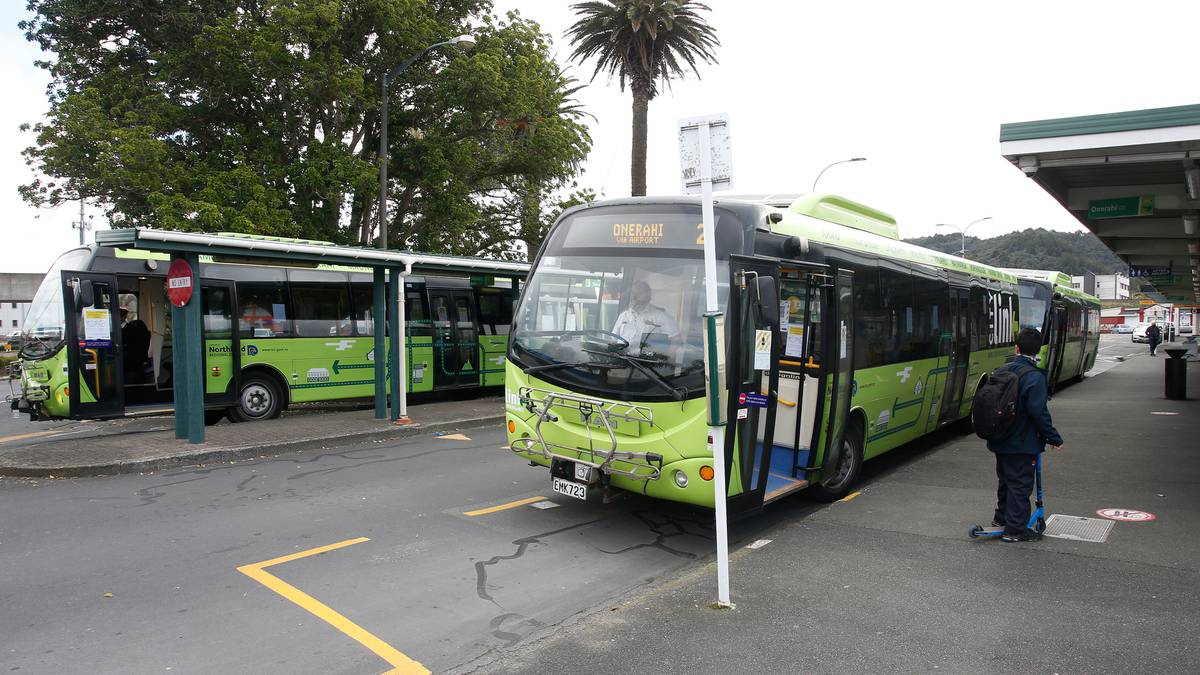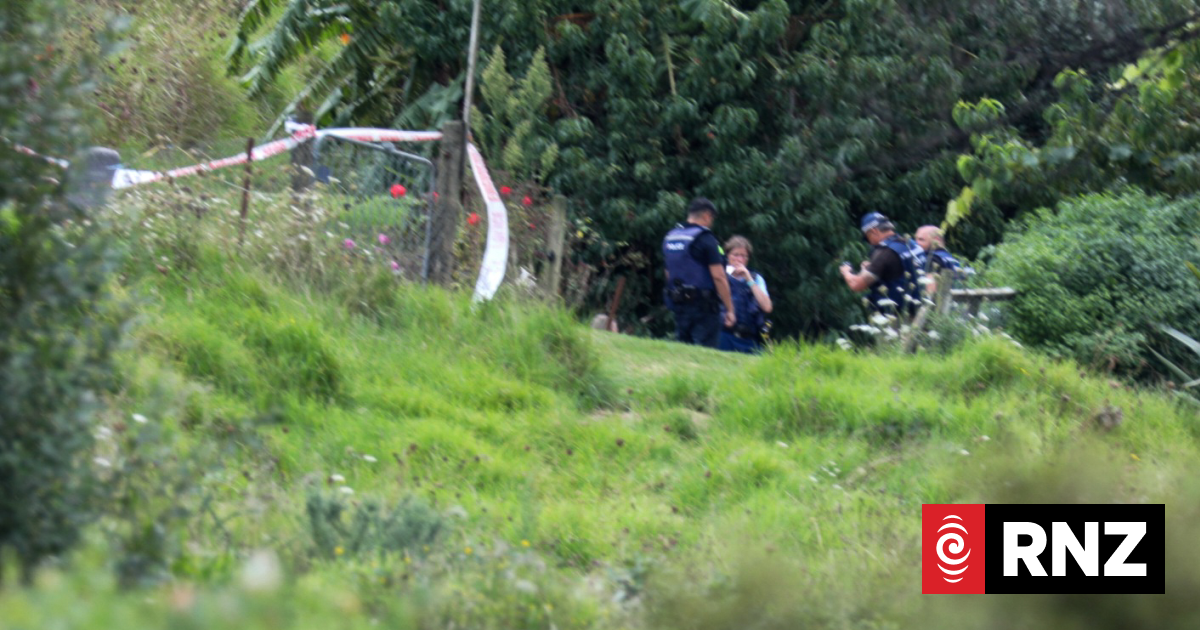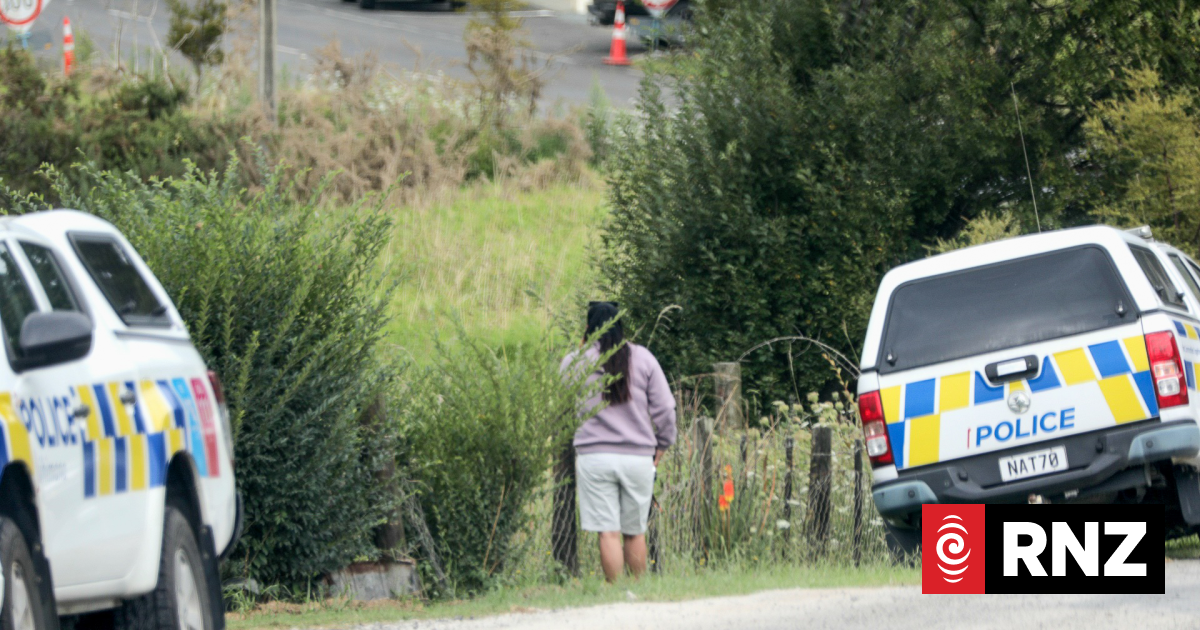Onerahi, Morningside and Raumanga buses on after-school runs have major issues with bad behaviour from youths, a driver says. Photo / Michael Cunningham
Security guards are being sought for after-school buses because of bad behaviour and violence from teenage troublemakers, says a Whangārei bus driver.
And Northland Regional Council says they will consider ways to make public transport
safer.
John* said he and colleagues wanted security guards present on the most dangerous after-school runs – Morningside, Raumanga and Onerahi. Four security guards would be required to cover the most-affected runs, he said.
The driver, who has 15 years’ experience, spoke out after incidents which he said included a colleague who had a knife pulled on him by one youth and a man beaten when confronting teens over their bad behaviour.
John said he was concerned not only for the drivers but for those who relied on the bus service, such as the elderly.
He said misbehaviour and violence on Whangārei’s CityLink buses had worsened in recent months.
“What’s been happening in Whangārei recently is it’s just progressively getting worse and drivers are starting to look at the door.”
Drivers were considering quitting over multiple violent altercations recently, he said.
The incident on an Onerahi bus last week where a man was attacked by a group of youths after confronting them over bad behaviour was disturbing for the drivers, John said.
Onerahi man Jade Matthews told the Advocate last week a group of youths assaulted him after he confronted them about their behaviour on a bus.
John said one bus driver had to break up a fight at the back of his bus just a week ago and disarm a girl with a knife.
“The thing that concerns me and my fellow drivers is that someone is going to get very, very hurt.
“I’m not really someone who takes kindly to trouble so things don’t happen too badly on my bus.”
There was an incident last Friday, however, when a young man got on John’s bus and confronted another boy he accused of stealing his vape.
“We had nine other youths standing outside waiting to see what the answer to that situation was, so that was a thing that I had to think very quickly how to deal with it,” he said.
“Calling the police is no good because the bus is ready to go and calling the police you might be waiting for half an hour.
“The one that came on board finally agreed to get off, kicking and belting things on the way out.”
/cloudfront-ap-southeast-2.images.arcpublishing.com/nzme/ZQ2PVS4AMRK43NI6WKMPZ62X4I.jpg)
Drivers felt there was little they could do in some situations, he added.
“You’re in a position where if they touch a child who’s being very, very difficult they can end up in all sorts of trouble.
“We work in this every day and we see the hostility every day. You just have to go down to Vine Street after school, around about four or five, and you will see the hostility there.
“It’s critical that we make public transport attractive to the public and this is not making it attractive,” he added.
Running separate school buses would also help alleviate the problem, he added, but it would take time to implement.
A spokesperson for Ritchies Transport, which operates the CityLink bus service under contract to Northland Regional Council, said there were “occasional issues” with inappropriate behaviour across the country.
“Where this happens we don’t hesitate to involve police,” the spokesperson said. “Incidents of abuse are disappointing but any business where employees are working with members of the public has some risks. We work with our teams to manage these.”
Northland Regional Council transport manager Chris Powell said addressing anti-social behaviour was a complex issue that required a multi-agency approach.
He said the council met with Ritchies, police, Whangārei District Council staff and elected members “to maintain a safe bus service for all who use it”.
“If there are ways to improve safety, we will explore them.”
* Name has been changed for privacy reasons



